Virtual reality systems mainly include simulation environments, perceptions, natural skills, and sensing devices. The virtual world is generated by the computer, and the user can perform all-round interactions such as sight, hearing, touch, force, smell, taste and the like. At this stage, the related technology is particularly important when the computer does not run at the speed required by the virtual reality system. To generate a 3D scene and make the scene image display changes in real time with different angles of view, only the equipment is not enough, and there must be corresponding technical theory to support it. 3D modeling technology The purpose of virtual environment modeling is to obtain the 3D data of the actual 3D environment, and use the acquired 3D data to establish the corresponding virtual environment model according to the needs of its application. The virtual reality system has credibility only if it is designed to reflect the real and effective model of the research object. In a virtual environment in a virtual reality system, there are several possible situations: (1) Imitating the environment in the real world (system simulation). (2) The environment in which humans are subjectively constructed. (3) Imitating the invisible environment of human beings in the real world (scientific visualization). Three-dimensional modeling is generally mainly three-dimensional visual modeling. 3D vision modeling can be divided into geometric modeling, physical modeling, and behavior modeling. Stereoscopic display technology Stereoscopic display is one of the key technologies of virtual reality. It makes people more immersive in the virtual world. The introduction of stereoscopic display can make the simulation of various simulators more realistic. Therefore, it is necessary to study the stereoscopic imaging technology and use the existing computer platform to display the stereoscopic view on the flat display in combination with the corresponding software and hardware system. At present, stereoscopic display technology mainly uses stereoscopic glasses and other auxiliary tools to view stereoscopic images. With the continuous improvement of people's requirements for viewing, the technology from non-naked eye to naked eye has become a development focus and trend. At present, representative technologies are: color separation technology, spectroscopic technology, time-sharing technology, grating technology, and holographic display technology. Realistic real-time rendering technology To realize the virtual world in the virtual reality system, only stereoscopic display technology is far from enough. There are real and real-time requirements in virtual reality, which means that the virtual world not only needs real stereoscopic effect, but also virtual. The world must also be generated in real time, which requires real-time rendering techniques. Real-time real-time rendering is a technique that completes realistic rendering in a certain period of time under the constraints of current graphics algorithms and hardware conditions. The meaning of “reality†includes geometric reality, behavioral realism and realism of illumination. Geometric reality refers to a geometric appearance that is very similar to the object in the real world described; behavioral reality means that the established object is completely true to the observer in some sense; the illumination reality refers to the interaction of the model object with the light source Produces an image that is consistent with brightness and light and dark in the real world. The meaning of "real time" includes real-time calculation and dynamic rendering of the position and posture of the moving object. The image update reaches the degree that the human eye does not observe the flicker, and the system can immediately respond to the user's input and generate corresponding scenes and events. Synchronization. It requires that when the user's viewpoint changes, the graphics display speed must also keep up with the change speed of the viewpoint, otherwise hysteresis will occur. 3D virtual sound implementation technology The three-dimensional virtual sound enables the user to accurately determine the precise position of the sound source in the virtual scene, in line with people's sense of hearing in the real world. The value of virtual surround sound technology is to use two speakers to simulate the effect of surround sound. Although it can't be compared with real home theater, the effect is acceptable at the best listening position. The disadvantage is that it is generally heard. Location requirements are higher. Human-computer interaction technology In the virtual space provided by the computer system, people can directly interact with each other using various feelings such as eyes, ears, skin, gestures and voice. This is the human-machine natural interaction technology in the virtual environment. In the virtual related technology, the development of olfactory and taste technology is in the exploratory stage, and these two feelings are the most basic needs of people for food and the outside world. Moreover, with the popularity of smart mobile devices, people's various basic needs will continue to be met. Therefore, the practical application space of scent transmission or olfactory technology will be large and more interesting. The most commonly used interactive technologies in the field of virtual reality include gesture recognition, facial expression recognition, eye tracking, and speech recognition. Collision detection technology Collision detection is often used to detect whether an object A interacts with object B. In the virtual world, due to the interaction between the user and the virtual world and the mutual movement of objects in the virtual world, there is often a situation in which objects collide. In order to ensure the authenticity of the virtual world, the virtual reality system is required to detect these collisions in time, generate corresponding collision reactions, and update the scene output in time, otherwise penetration will occur. It is the collision detection that avoids the occurrence of unreal conditions such as people crossing the wall and affecting the realism of the virtual world. The following figure shows the state of the two vehicles in the virtual reality system before and after the collision reaction. In the virtual world, in the collision, it is first to detect the occurrence of the collision and the location of the collision, and secondly to calculate the reaction after the collision. There are usually a large number of objects in the virtual world, and the shapes of these objects are complex. It is a very complicated matter to detect collisions between these objects, and the detection workload is large, and at the same time, there is a higher real-time in the virtual reality system. The requirement of collision requires collision detection to be completed in a short time (such as 30~50ms). Therefore, collision detection becomes the bottleneck of virtual reality system and other real-time simulation systems. Collision detection is an important technology for virtual reality system research. (This article taken from "Introduction to virtual reality and enhanced reality", author: Lou rock. Yaskawa SGM7G type servo motor Wuxi Trenty Machinery & Equipment Co., Ltd. , https://www.elec-inverter.com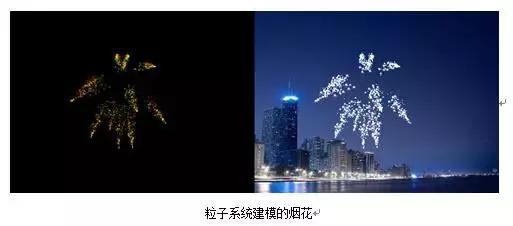
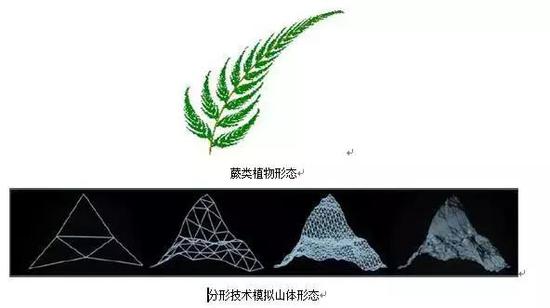
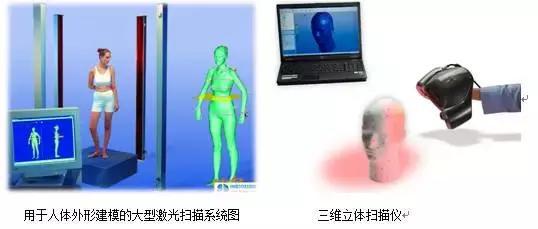
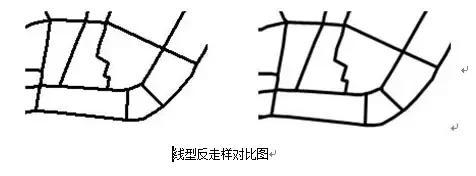
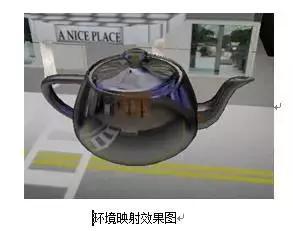
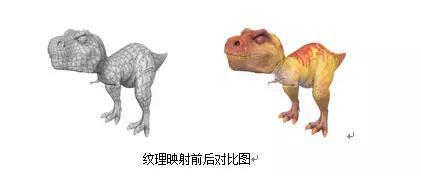
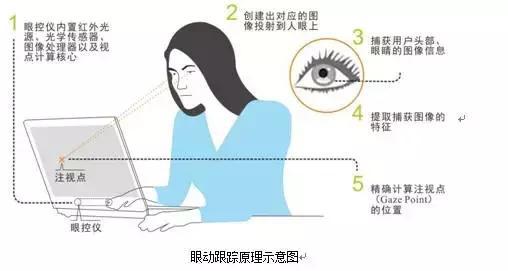
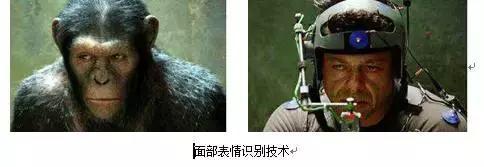
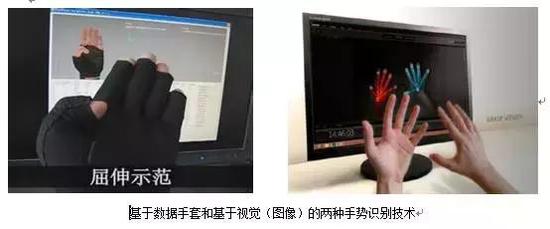
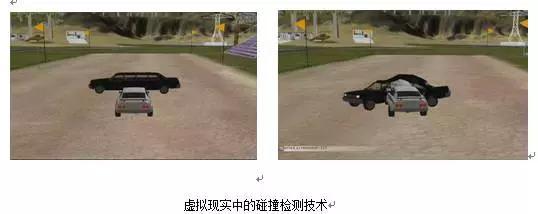
Yaskawa Medium inertia, large torque servo motor SGM7G